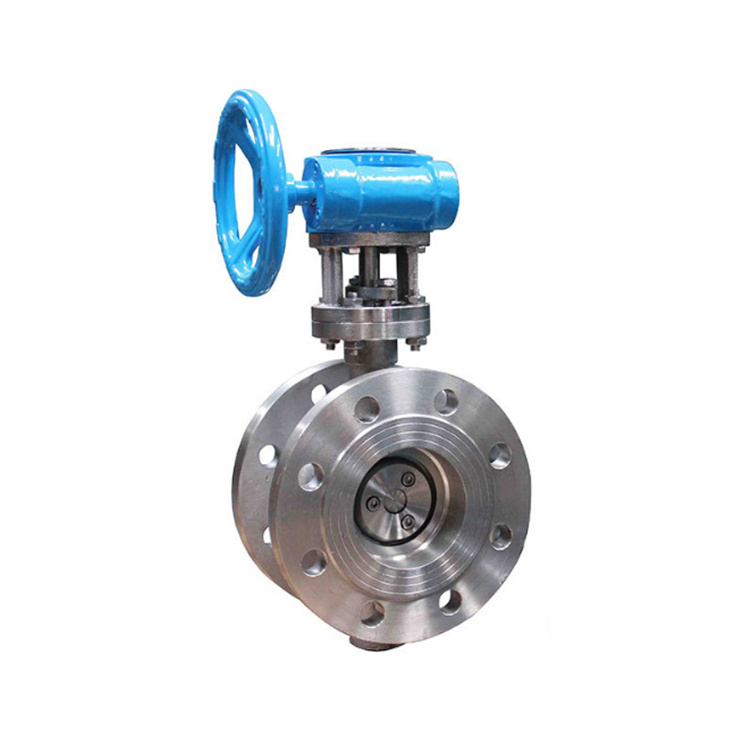Motorized Needle Valve for Precision Fluid Control Applications and Enhanced Efficiency
Understanding Needle Valve Motors A Comprehensive Insight
Needle valve motors are specialized devices that integrate precision control with fluid dynamics, often employed in various applications from automotive systems to industrial machinery. The functionality of the needle valve motor derives from its ability to control the flow of fluids by adjusting the needle valve’s position, hence regulating the pressure and flow rate effectively. This article delves into the working mechanism, applications, benefits, and future trends of needle valve motors.
The Working Principle
At the heart of a needle valve motor lies a needle valve, a tapered component that fits into a conical seat to control the flow of fluids. When the valve is closed, the flow is restricted; as it opens, fluid can pass through with varying rates depending on the valve's position. The motor aspect comes into play when electrically or mechanically actuated mechanisms are utilized to adjust the valve's positioning. This integration enables rapid response to changing conditions in a system, thus allowing for precise control over fluid dynamics.
In many designs, feedback systems are implemented to ensure the motor can adjust the needle valve in real-time based on pressure and flow data. These feedback systems may utilize sensors that monitor system performance and communicate with a controller to make necessary adjustments, creating a closed-loop system that enhances efficiency and reliability.
Applications
Needle valve motors find applications across a range of industries. In automotive engineering, they are crucial in fuel injection systems where precise fuel delivery is essential for performance and emissions control. By optimizing fuel flow, needle valve motors contribute to improved engine efficiency and reduced pollution.
In the industrial sector, needle valve motors are employed in various processes, including chemical manufacturing, where they regulate the flow of reactants in intricate production processes. They are also utilized in HVAC systems, where maintaining specific flow rates is vital for energy efficiency and comfort in building environments.
needle valve motor

Medical applications are increasingly leveraging needle valve motors as well, especially in infusion systems where controlled liquid delivery is critical for patient safety
. The precision of needle valves ensures that medications are administered at the right dosage and flow rate.Benefits
The primary advantages of needle valve motors include their precision, reliability, and flexibility. The ability to finely control fluid flow allows for optimized performance in systems that demand high accuracy. Moreover, needle valve motors often feature a compact design, making them easier to integrate into existing systems without significant modifications.
Additionally, the automation possibilities provide a level of adaptability that can be tailored to numerous applications. As industries move towards more sustainable practices, the efficiency of needle valve motors plays a key role in reducing energy consumption and waste in fluid delivery processes.
Future Trends
As technology advances, the future of needle valve motors appears promising. With the development of Internet of Things (IoT) technologies, expect to see more interconnected systems that utilize data from multiple sources for even greater control and efficiency. Smart needle valve motors equipped with advanced sensors and predictive analytics will likely emerge, allowing for proactive adjustments based on real-time conditions and historical data.
Furthermore, as industries seek to embrace greener practices, innovations aimed at reducing material waste and energy consumption will drive the evolution of needle valve motors. Future designs may include biodegradable materials or advanced coatings to enhance durability without harming the environment.
In conclusion, needle valve motors represent a fascinating intersection of engineering and automation, showcasing capabilities that are critical to modern industries. Their precision, reliability, and expanding applications signify their importance in the ongoing quest for efficiency and sustainability across various sectors. As technology continues to evolve, the needle valve motor will undoubtedly play an even more integral role in our interconnected world.
-
3-types-of-check-valves-maintenance-tipsNewsAug.23,2025
-
ball-valves-types-with-trunnion-mounted-designNewsAug.23,2025
-
butterfly-valve-company-production-capabilitiesNewsAug.23,2025
-
fisher-globe-valve-technical-specificationsNewsAug.23,2025
-
types-of-gaskets-for-flanges-selection-guideNewsAug.23,2025
-
wedge-gate-valve-suppliers-quality-standardsNewsAug.23,2025
-
Breakthrough in Domestic Low Temperature Valve Technology in ChinaNewsAug.18,2025




